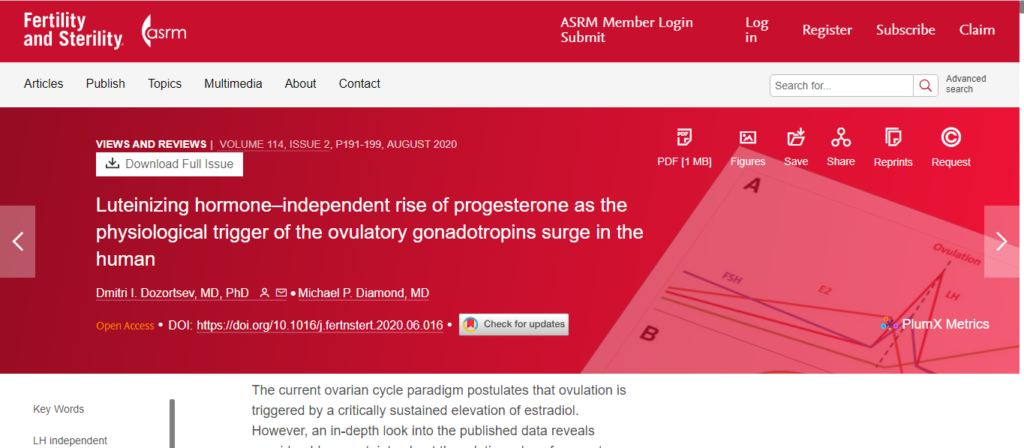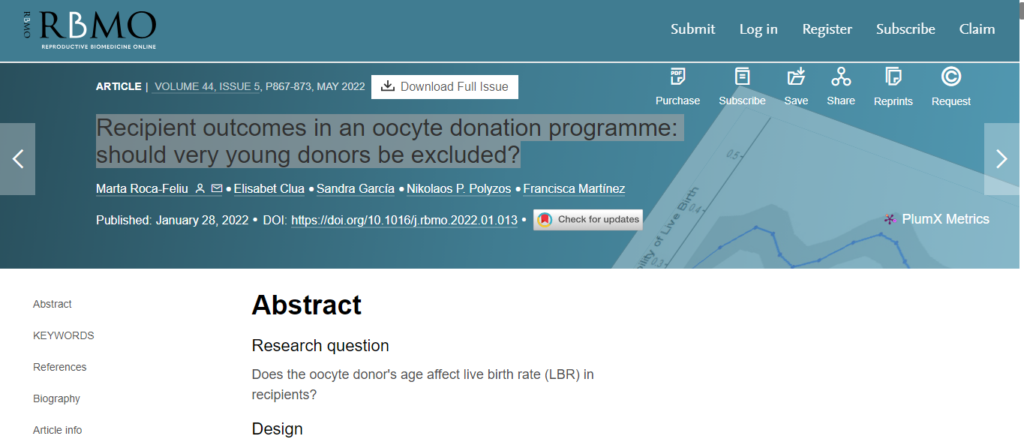Irregular ovulation is a factor in 25 to 30 percent of female infertility cases. Here’s how ovulation can be stimulated with medication to help increase your chances of becoming pregnant.
If you and your partner are having difficulty conceiving a child, it’s possible that ovulation is part of the problem. According to the National Institutes of Health, 25 to 30 percent of women who struggle with infertility also experience irregular ovulation — whether that’s infrequent or unpredictable ovulation, or no ovulation at all.
Regular ovulation occurs roughly every 28 days, when the ovary releases an egg that’s ready to be fertilized. If the egg is not fertilized, the egg and the tissues surrounding it are broken down and cleared from the uterus — that’s the purpose of a period, and why a missing period is frequently a tell-tale sign of pregnancy.
Intervals of 21 to 35 days are considered within the window of regular ovulation. When ovulation happens less frequently than once every 35 days, or when it’s completely unpredictable, it’s considered irregular. “Oligoovulation” refers to ovulation that’s unpredictable, while “anovulation” means that ovulation doesn’t occur at all. Both conditions can impact the availability of eggs and impact a couple’s ability to predict times of heightened fertility.
For this reason, many couples that struggle with ovulation choose to undergo ovulation induction, a treatment intended to regulate a woman’s reproductive hormones and make ovulation more frequent or predictable.
What is Ovulation Induction?
Ovulation induction is the process of stimulating ovulation through the use of medication. Some commonly used medications for ovulation induction treatment include:
- Clomid: Clomid is an oral medication primarily used by women who do not ovulate. The medication is primarily prescribed to be taken on days three to seven of the menstrual cycle. To monitor the growth of the follicle, the medication is followed up with follicular ultrasounds on day 12 of the menstrual cycle. When the follicle reaches 20 mm or larger in size, an injection of human chorionic gonadotropin (hCG) should induce ovulation. More than 80 percent of women with irregular ovulation will be able to ovulate through the use of Clomid.
- Clomid with injections: For patients who have previously used Clomid but haven’t become pregnant, Clomid with injections may be a more effective option. For this procedure, intrauterine insemination (IUI) is performed 24-36 hours after the hCG injection. This combination typically results in a higher rate of pregnancy than Clomid alone.
- Letrozole: Letrozole is an oral medication that blocks the conversion of testosterone into estrogen, stimulating the ovaries to increase the growth rate of eggs. Letrozole medication is a popular option to increase or regulate ovulation in women who are already ovulating, rather than women experiencing anovulation. Letrozole is also shown to have more success with ovulation induction than Clomid for women with polycystic ovarian syndrome.
- Letrozole with injections: Like Clomid with injections, Letrozole with injections requires undergoing IUI concurrent with a round of Letrozole. This is a strong option for women who have a low ovarian reserve, or for couples who are also struggling with male infertility.
- Artificial insemination (IUI): While artificial insemination itself doesn’t stimulate ovulation, it’s often used in women with irregular or infrequent ovulation to increase their chances of becoming pregnant during the times when they are ovulating. Of course, artificial insemination can also be used in combination with ovulation-inducing medications.
Getting Help for Irregular Ovulation
If you experience irregular ovulation and believe it may be interfering with your ability to become pregnant, reach out to the Advanced Fertility Center of Texas today. Unlike most fertility clinics, we’re dedicated to identifying the underlying causes of your fertility problems. Though other clinics prescribe medications that are effective, treating the root cause is often the most lasting solution for irregular ovulation. We’d love to help you start the family of your dreams. Contact us here.



